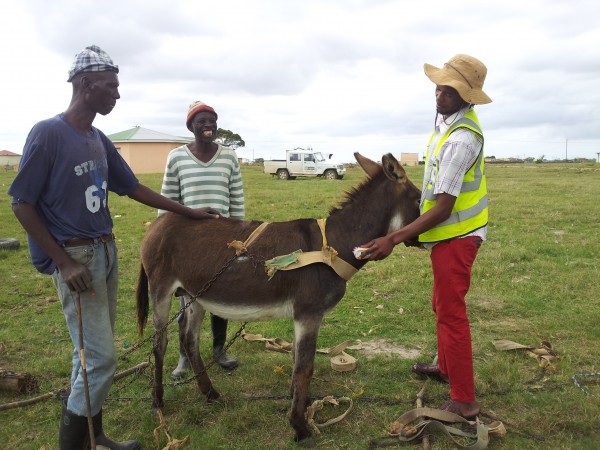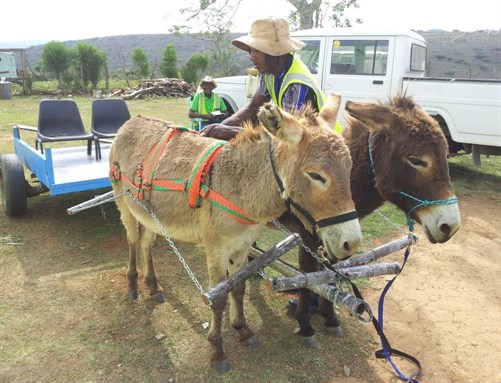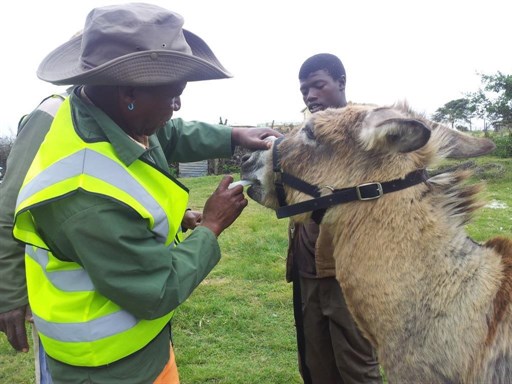You may also be interested in
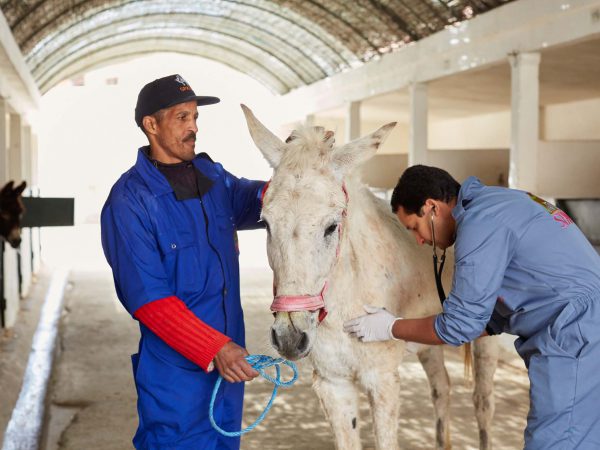
Chaimae the abandoned mule
Read Chaimae's story - an abandoned mule saved by SPANA.
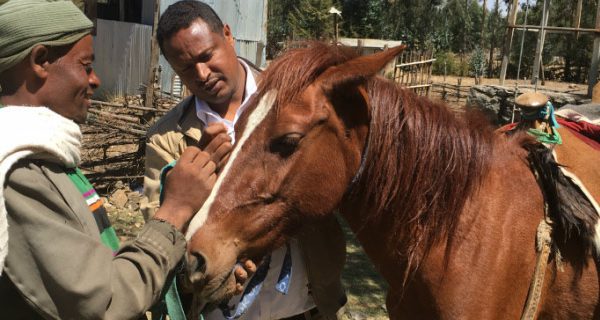
Healing Aman’s eye at the mobile clinic
Read about how SPANA's mobile clinic in Ethiopia treated Aman the horse.
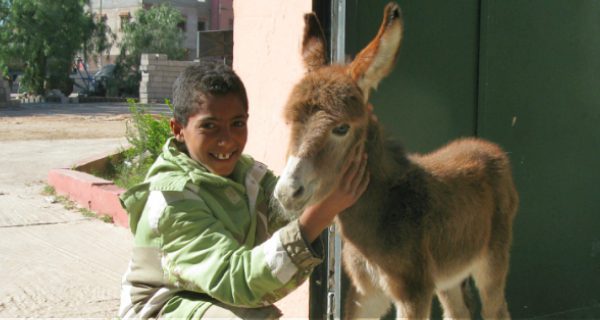
Brave Saïda protects her newborn foal
Discover how SPANA came to the aid of Saida, a donkey who was attacked by stray dogs.

Healing Aman’s eye at the mobile clinic
Read about how SPANA's mobile clinic in Ethiopia treated Aman the horse.

Brave Saïda protects her newborn foal
Discover how SPANA came to the aid of Saida, a donkey who was attacked by stray dogs.

